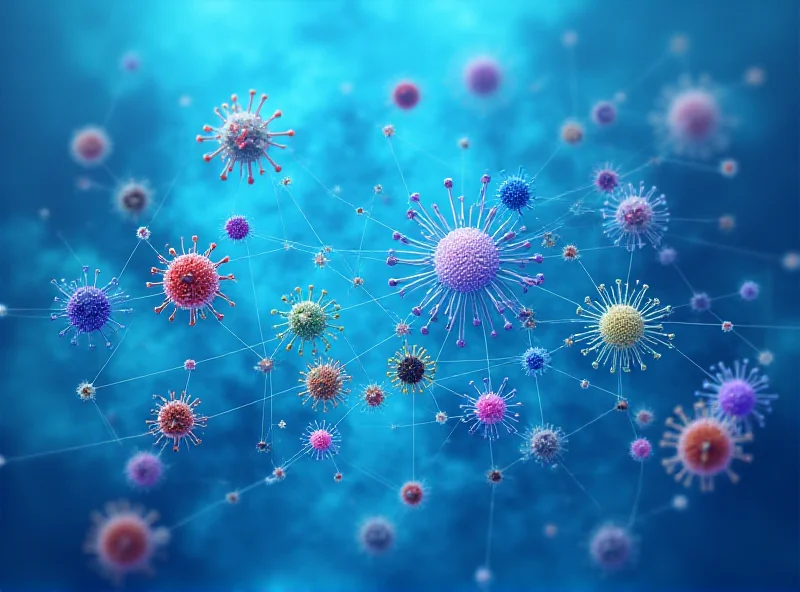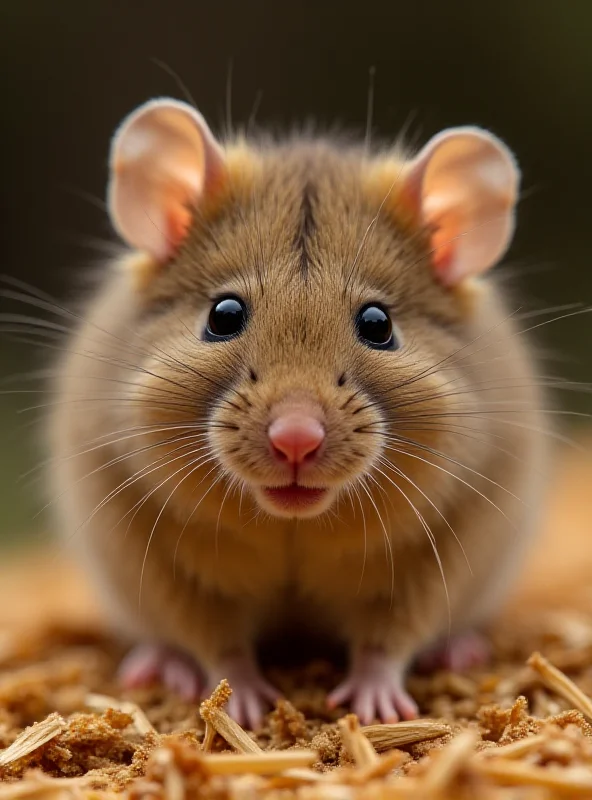The world of science is buzzing with exciting new discoveries, ranging from the microscopic world of viruses to the potential resurrection of extinct species. Artificial intelligence is playing a crucial role in many of these breakthroughs, helping scientists analyze vast amounts of data and uncover hidden patterns.
Unmasking the Viral World with AI
We often associate viruses with illness, like the flu or smallpox. However, scientists are now discovering that healthy people are teeming with viruses that don't cause disease.  Researchers are using AI to sift through massive datasets to identify these unknown viruses, hoping to understand their role in human health. This could revolutionize our understanding of the human microbiome and lead to new therapies.
Researchers are using AI to sift through massive datasets to identify these unknown viruses, hoping to understand their role in human health. This could revolutionize our understanding of the human microbiome and lead to new therapies.
“The viruses we know best are those that make us sick," explains one researcher, "but there's a whole world of viruses we're only beginning to understand.” The use of AI is accelerating this process, allowing scientists to analyze complex genetic information much faster than traditional methods.
Bringing Back the Woolly Mammoth (Sort Of)
In other exciting news, an American startup is making strides in the field of de-extinction. They've created genetically modified "woolly mice" with fur similar to that of mammoths.  While not a full-fledged mammoth resurrection, this achievement marks a significant milestone in their efforts to bring these magnificent creatures back to life. This raises ethical questions about de-extinction, but also highlights the incredible power of genetic engineering.
While not a full-fledged mammoth resurrection, this achievement marks a significant milestone in their efforts to bring these magnificent creatures back to life. This raises ethical questions about de-extinction, but also highlights the incredible power of genetic engineering.
Are Women More Generous? A New Study Says Yes
Shifting gears, a recent study explored the concept of generosity, focusing on gender differences. Participants were given a hypothetical scenario: they received approximately R$60 and were asked how much they would donate to a stranger. The results suggest that women, in this context, tend to be more generous than men.
It's important to note that this study is just one piece of the puzzle when it comes to understanding generosity. Factors like culture, socioeconomic status, and individual personality all play a role.  However, it provides valuable insights into the complex nature of human behavior.
However, it provides valuable insights into the complex nature of human behavior.
These diverse scientific advancements – from AI-powered virus discovery to de-extinction efforts and studies on human generosity – showcase the breadth and depth of ongoing research and the exciting possibilities that lie ahead.
